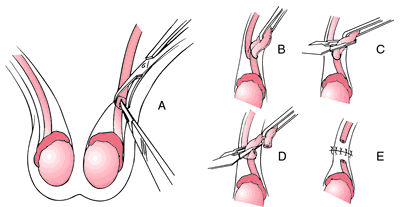That's right, our long known periodic table is now officially expired.
Four new elements has been discovered and formally recognized by the International Union of Pure and Applied Chemistry (IUPAC) on the 30th December last year. But these are not efforts of a single man. Element 113 was discovered by Japanese scientists while element 115, 117 and 118 was discovered by a Russian-American team of joint research.
While we are not scientist and we cannot possibly be able to understand all these jargon without sitting in a 4-year degree in chemical engineering program, but what we are able to tell is that these element are not natural on its own. That means special processes need to be conducted in the laboratory to synthesize these
"superheavy" elements (which means any element with atomic number more than 92 - they are highly unstable and radioactive).
Scientist also mentioned that these elements have existed for a long time and it was hard to prove its existence or even reproduce these element due its fast decay rate. Put it in simple words, these elements would disappear in a fraction of a second. The traces are long gone before they were able to study it.
These elements decays so fast that the author Sam Kean, wrote that
"If you had a million atoms of the longest-lived type of astatine, half of them would disintegrate in 400 minutes. A similar sample of francium would hang on for 20 minutes. Francium is so fragile, it's basically useless."
To conclude what he wrote is that a sample of francium (which was originally in the periodic table) which can only last 20 minutes is basically useless. Now imagine what these new elements which
only last a fraction of a second would do?
.
.
That's right - absolutely
nothing... NOTHING!
But the scientists retort that these discoveries basically enables them to learn more about how atoms hold themselves together. As they progress further down the periodic table, they hope to discover more stable element which can actually be applied in real life.
To end this post, I present you with the temporary names of the newly discovered elements:
113 - Ununtrium (Uut)
115 - Ununpentium (Uup)
117 - Ununseptium (Uus)
118 - Ununoctium (Uuo)




